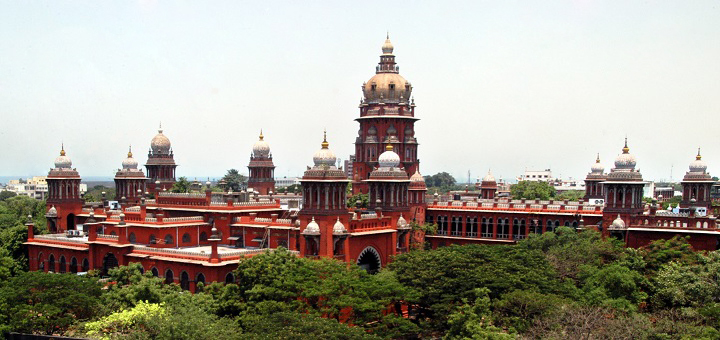Jahanvi Agarwal
On 11th June 2024, the Madras High Court highlighted the necessity for the State to utilize its parens patriae jurisdiction to support adults with mental health issues who lack family support. The court referenced the Uttarakhand High Court’s decision in Dr. Vijay Varma v. UOI (AIR OnLine 2018 UTR 184), emphasizing that individuals with mental health conditions possess a fundamental right to self-preservation, dignity, and quality mental healthcare.
Furthermore, it referenced the Delhi High Court’s order in Kalyani Chattopadhayay v. Govt. Of NCT Delhi (WP(C) 4131 of 2021), where a mentally ill patient was admitted to a care facility. These decisions underscore the State’s responsibility to exercise its parens patriae authority over adults with mental disabilities.
Justice GR Swaminathan stressed the State’s obligation to establish residential homes for the mentally disabled in every district and to support NGOs that provide such shelters. The court underscored, “The State must be thankful to the NGOs for relieving it of its primary burden. If the NGOs are not there, it is the duty of the State which will have to provide complete infrastructural support”.
The order came in response to a petition by the father of a 20-year-old mentally ill man, who, as a daily wage laborer, lacked the financial and emotional resources to care for his violent son suffering from bipolar affective disorder. The father requested the State authorities admit his son to Tirunelveli Medical College & Hospital for treatment.
The bench confirmed that the State is indeed liable in such cases. Citing Section 9(2) of the Rights of Persons with Disabilities Act, 2016, he noted that while the provision explicitly applies to children, it could also be interpreted to include adults with disabilities. “Case laws, conventions, and statutory provisions emphasize the rights of the mentally disabled”, he held. “They are entitled to reasonable accommodation, the right to live in a community, and the support of their family.”
The High Court emphasized the humane treatment of individuals in mental health institutions, suggesting a diverse board of visitors, including bureaucrats, psychiatrists, and social workers, to conduct surprise inspections and interviews, with CCTV cameras ensuring transparency. Additionally, the court stressed the need for proportional measures to manage violence and prevent staff abuse.
Justice Swaminathan, acknowledging his limitations in detailing policy, suo motu impleaded the State Government, expressing hope for appropriate policies and regulations without specifying a timeframe. He emphasized the responsibility of both Central and State governments to implement key legislations effectively, expressing confidence that further judicial directives would be unnecessary.
Regarding the petitioner’s son, the court ordered the relevant authorities to take custody of the young man and provide suitable accommodation until he is fit for discharge.
Case Name: Gurunathan v. The Deputy Director, Directorate of Public Health and Others.
Dairy Number: 10956/2024
Bench: Justice GR Swaminathan

